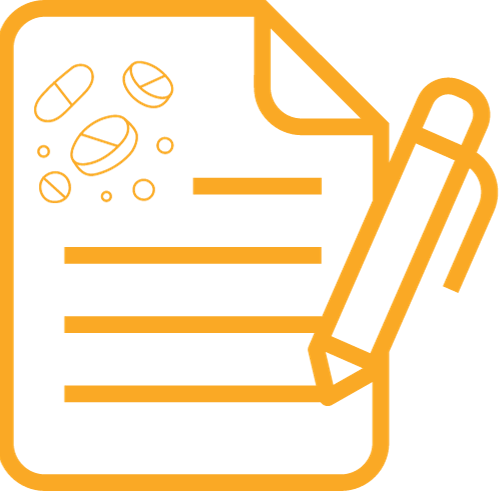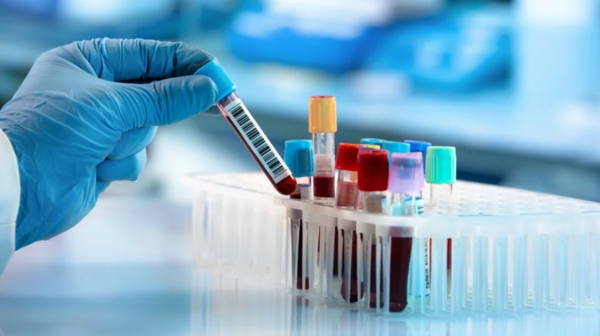
Marketing Applications
How we help with Marketing Applications
Bringing your innovations to improve human health is a complex journey. Our services provide a strategic roadmap for a range of application types, ensuring projects are anchored in a clear pathway to market success. Halloran’s regulatory team can see programs through to marketing applications (NDAs, BLAs, PMAs, 510(k)s) and beyond. We advise our clients on critical late-stage development programs to ensure success. We can act as advisors, authors, and everything in between.
Our services encompass a diverse range of application types, each designed to provide you with a clear path to market authorization:
- 510(k) Application: We guide you through the 510(k) application process for medical devices, facilitating market access while meeting regulatory standards.
- BLA (Biologics License Application): We assist in preparing and submitting BLAs for biopharmaceutical products, ensuring compliance with regulatory requirements for market authorization.
- MAA (Marketing Authorization Application): Our experts help you prepare MAA submissions for European Medicines Agency (EMA) approval, facilitating market entry in the European Union.
- NDA (New Drug Application): Our services include NDA preparation and submission, ensuring your new drug meets regulatory standards for market authorization.
- PMA (Pre-Market Approval): We guide you through the PMA process for medical devices, ensuring compliance with FDA requirements for market entry.
With our expertise spanning these diverse application types, we provide the strategic guidance, preparation, submission, and follow-up support needed to ensure a smooth market entry for your life science innovations.
Related Services
RELATED INSIGHTS
-
Success Planning for an Original NDA / BLA Submission
This comprehensive webinar offers an insightful exploration into the intricate landscape of New Drug Applications (NDAs) and Biologics License Applications (BLAs), elucidating the pivotal regulatory procedures imperative for pharmaceutical companies seeking approval for novel drugs and biologics. Its primary objective is to equip participants with the requisite knowledge and resources essential for navigating the intricate […]
-
Bringing In Vitro Diagnostics to Market with Real-World Evidence
In vitro diagnostic (IVD) devices are a unique type of medical device. Although they meet the definition of a medical device, they are not intended to treat a disease or condition. Rather, they are the instruments or reagents that analyze samples taken from patients. IVDs are less invasive than traditional medical devices, but still present […]
-
Preparing Now for FDA’s START Program for Rare Disease Drug Developers
On September 29, 2023, the U.S. Food and Drug Administration (FDA) took action to help further accelerate the development of novel drug and biological products for rare diseases. The action, an announcement of an opportunity for a limited number of sponsors to participate in a pilot program (Support for Clinical Trials Advancing Rare Disease Therapeutics […]







